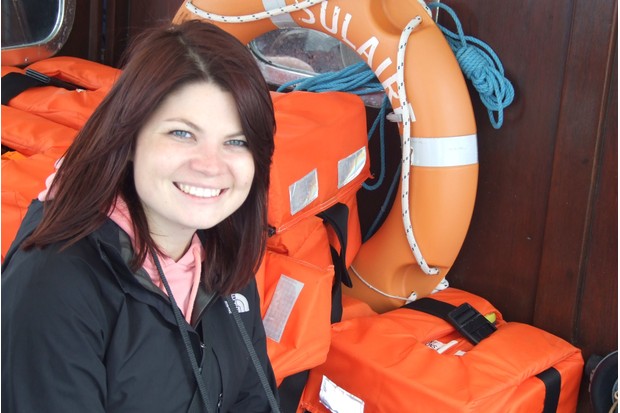An international team of researchers tracked more than 100 sharks from six different species by satellite across the entire North Atlantic, one of the most heavily exploited oceans.
Concurrent with the shark tracking, the scientists tracked 186 Spanish and Portuguese longline fishing vessels using GPS to quantify the overlap in space and time.
The research has been conducted to better inform how shark fisheries should be regulated and to help current shark conservation efforts.
Tens of millions of ocean-dwelling sharks are caught by fishing each year, and catch rates have declined significantly for many species, yet oceanic shark fishing remains largely unsupervised.
From the sharks’ satellite tracks and from remote sensing images of the ocean environment, the team found that within each species’ preferred range, sharks tended to aggregate in locations characterised by strong temperature gradients and high productivity.
They found that the fishing vessels and sharks targeted similar location. For the most heavily fished shark species, blue and mako, about 80 per cent of the sharks’ tracked range overlapped with the fishing vessels’ range, with some individual sharks remaining near to longlines for over 60 per cent of the time they were tracked.
“Although we suspected overlap might be high, we had no idea it would be this high. Space-use overlap on this scale potentially increases shark susceptibility to fishing exploitation, which has unknown consequences for populations,” says Dr Nuno Queiroz of the University of Porto, Portugal, a lead author of the study.
Areas of highest overlap included the Gulf Stream, the North Atlantic Current/Labrador Current Convergence Zone near Newfoundland, and along the Mid-Atlantic Ridge southwest of the Azores.
The researchers propose that because current hotspots of shark activity are at particularly high risk of overfishing, the introduction of catch quotas or size limits will be necessary to protect oceanic sharks that are commercially important to fleets worldwide.
Source Proceedings of the National Academy of Sciences of the U.S.A.
